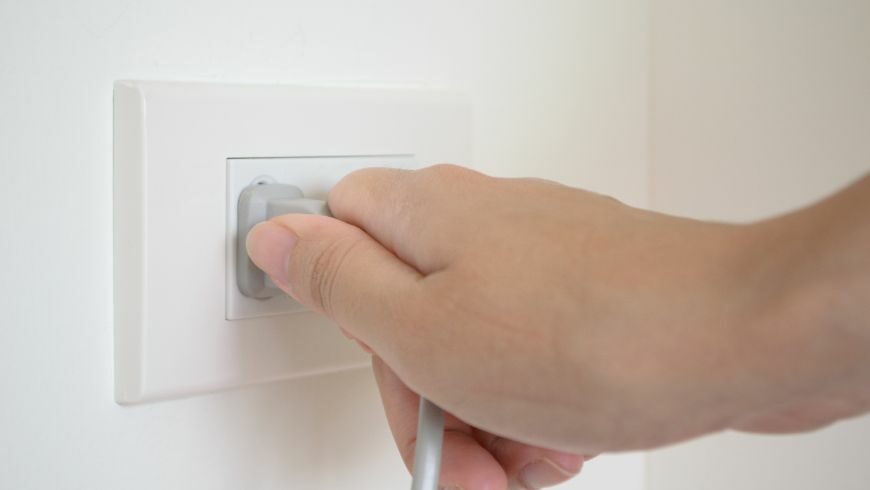Adopting an eco-friendly lifestyle can be straightforward, even for students. By making small adjustments to daily habits, anyone can contribute positively to the environment. Whether you’re in college or school, taking steps towards a sustainable lifestyle can benefit both you and the planet.
For students juggling studying, assignments, and other responsibilities, embracing green living can seem overwhelming. However, it can actually be quite manageable and rewarding. From reducing waste to making mindful consumption choices, small actions can lead to big changes. And while you’re exploring ways to live more sustainably, don’t forget that a reliable paper writing service can also help balance your workload.
Why Living Green Matters for Students
Going green isn’t just about saving the environment; it’s about improving your quality of life and building habits that can last a lifetime. As students, you have the power to influence change by adopting eco-conscious practices both on campus and at home. By learning how to live sustainably, you not only help the environment but also gain valuable life skills.
Simple Steps to a Greener Lifestyle
1. Minimize Waste with Reusable Items

A simple and effective way to begin living sustainably is to cut down on waste. A lot of waste generated by students comes from single-use items like plastic bottles, bags, and disposable cutlery. Here are a few tips to minimize waste:
- Carry Reusable Bottles: Invest in a reusable water bottle. It’s a small change that can make a big difference in reducing plastic waste.
- Use Reusable Bags: Carry reusable bags for shopping instead of relying on plastic ones. Many college campuses have banned single-use plastics, so it’s both a practical and eco-friendly choice.
2. Choose Eco-Friendly Study Supplies

Studying and schoolwork often require various supplies, but many traditional options aren’t environmentally friendly. Opting for eco-friendly alternatives is a simple way to reduce your environmental impact while completing your assignments:
- Digital Notes: Instead of using paper, take notes on your tablet or laptop. Digital notes are not only eco-friendly but also easier to organize.
- Recycled Paper Products: When you need to use paper, choose recycled notebooks, printer paper, and other supplies. This supports recycling industries and reduces the demand for new paper.
3. Conserve Energy

Saving energy is an important part of living sustainably. As students, conserving energy can be as simple as:
- Unplugging Devices: When you’re not using electronic devices like laptops, chargers, and gaming consoles, unplug them. This small step can save energy and reduce your carbon footprint.
- Use Natural Light: Utilize natural daylight while studying to lessen the need for artificial lighting, which helps conserve electricity.
4. Sustainable Food Choices

Being mindful of your food consumption is another essential aspect of an eco-friendly lifestyle. Consider these changes when it comes to your diet:
- Buy Local: Support local farmers’ markets for fresh produce. Vegetarian and locally grown food has a lower carbon footprint compared to meat and imported goods.
- Meal Planning: Plan your meals and prepare food in bulk. This not only saves time during busy studying sessions but also reduces food waste.
Green Study Habits
1. Go Digital for Homework and Assignments

Instead of printing out documents, opt for digital submissions whenever possible. Many schools now offer online platforms for assignment submission, making it easier to go paperless.
- Cloud Storage: Use cloud services like Google Drive or Dropbox to store and organize your notes, homework, and research materials. This way, you can access them anywhere, minimizing the need for physical paper.
- E-Books: Whenever possible, use e-books or borrow from the library. It saves paper and is often more convenient when studying on the go.
2. Create an Eco-Friendly Study Space

Your study environment can also reflect your commitment to sustainability. Set up a green study space that promotes eco-friendly habits.
- Natural Decor: Incorporate plants into your study area. They improve air quality and create a calm, productive atmosphere.
- Energy-Efficient Lighting: Use LED bulbs to save energy. They last longer and consume less electricity compared to traditional bulbs.
Conclusion
Living a sustainable lifestyle as a student may seem challenging, but it can be broken down into simple, manageable steps. By embracing eco-friendly habits, you not only help create a healthier planet but also inspire those around you. As you progress through your educational journey, keep in mind that every small effort plays a crucial role in protecting the environment.
So, whether it’s choosing reusable study supplies or planning your meals to reduce waste, each choice you make adds up. For those times when you need extra help balancing schoolwork, don’t hesitate to buy eco-friendly and time-saving solutions that align with your green lifestyle. Start today, and make every effort count toward a sustainable future!
Cover image: photo by Georg Arthur Pflueger via Unsplash
